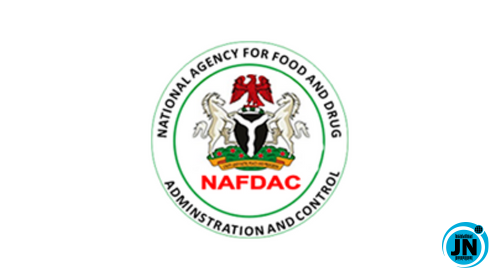The Director General of the National Agency for Food and Drug Administration and Control (NAFDAC), Mojisola Adeyeye, has expressed grave concern over the alarming rise in drug abuse in Nigeria, revealing that approximately 14.3 million Nigerians are currently battling with this serious issue.
Speaking during the launch of the agency’s youth programme, “Catch Them Young,” at Government Secondary School, Rumuokwuta, Port Harcourt, on Wednesday, Adeyeye highlighted the disturbing statistics gathered from recent research. The data showed that one in every four high-risk drug users in Nigeria has been arrested for drug-related offenses. The research further breaks down the offenses as follows: 73% for drug possession, 12% for theft, 5% for sex work, 4% for burglary, and 2% for shoplifting. However, Adeyeye noted that this data only reflects reported arrests, adding that the number could be even higher if unreported crimes were included.

The NAFDAC DG also emphasized the far-reaching effects of drug abuse, explaining how it negatively impacts individuals, families, communities, and the broader socio-economic development of the country. She warned that drug addiction is not limited to illegal substances but can also involve legal drugs, such as prescription medications, which are often misused.
In response to this growing crisis, NAFDAC launched an extensive programme aimed at educating and reducing drug abuse among secondary school students, who are particularly vulnerable to the influence of drugs. Adeyeye stated, “This programme is not meant to scare you but to foster honest conversations that will help you make informed decisions about illicit drug use, including alcohol consumption.” She stressed the importance of equipping young people with the knowledge and tools to avoid falling into the trap of drug abuse.
Earlier, Mr. Onogwu Emmanuel, the Rivers State NAFDAC Coordinator, explained that the decision to target secondary school students was based on the recognition of their vulnerability during these formative years. The programme’s goal is to empower the youth, as future leaders of Nigeria, to actively contribute to preventing drug abuse in their communities. Emmanuel also shared that the pilot phase of the project involves two schools from each of the state’s three senatorial districts.
The Principal of Government Secondary School, Gladys Iheumamme, commended NAFDAC for launching the initiative, emphasizing the importance of such efforts in safeguarding the future of Nigerian youth. She called for the continued support and sustainability of the programme to ensure its long-term success in curbing drug abuse among students.

